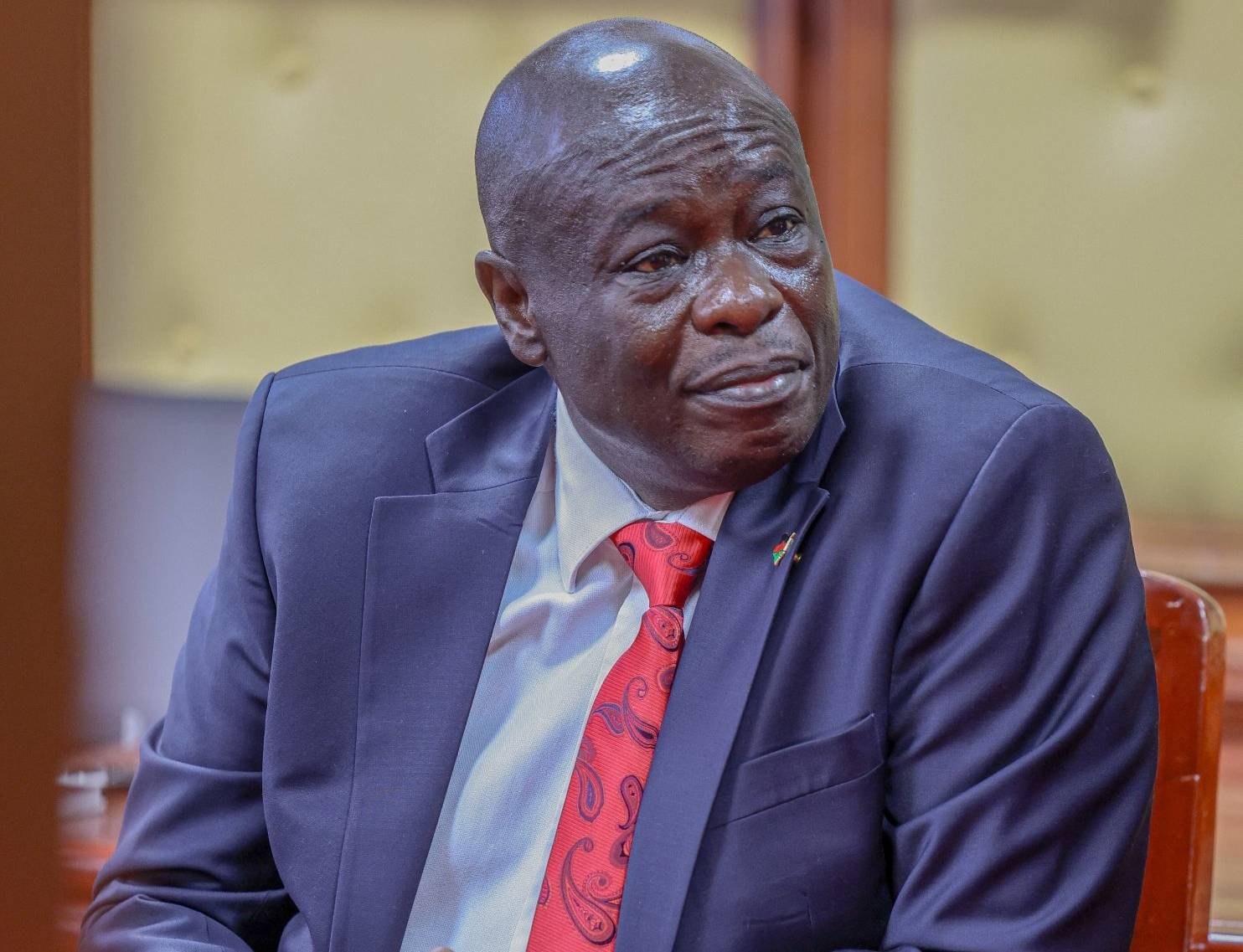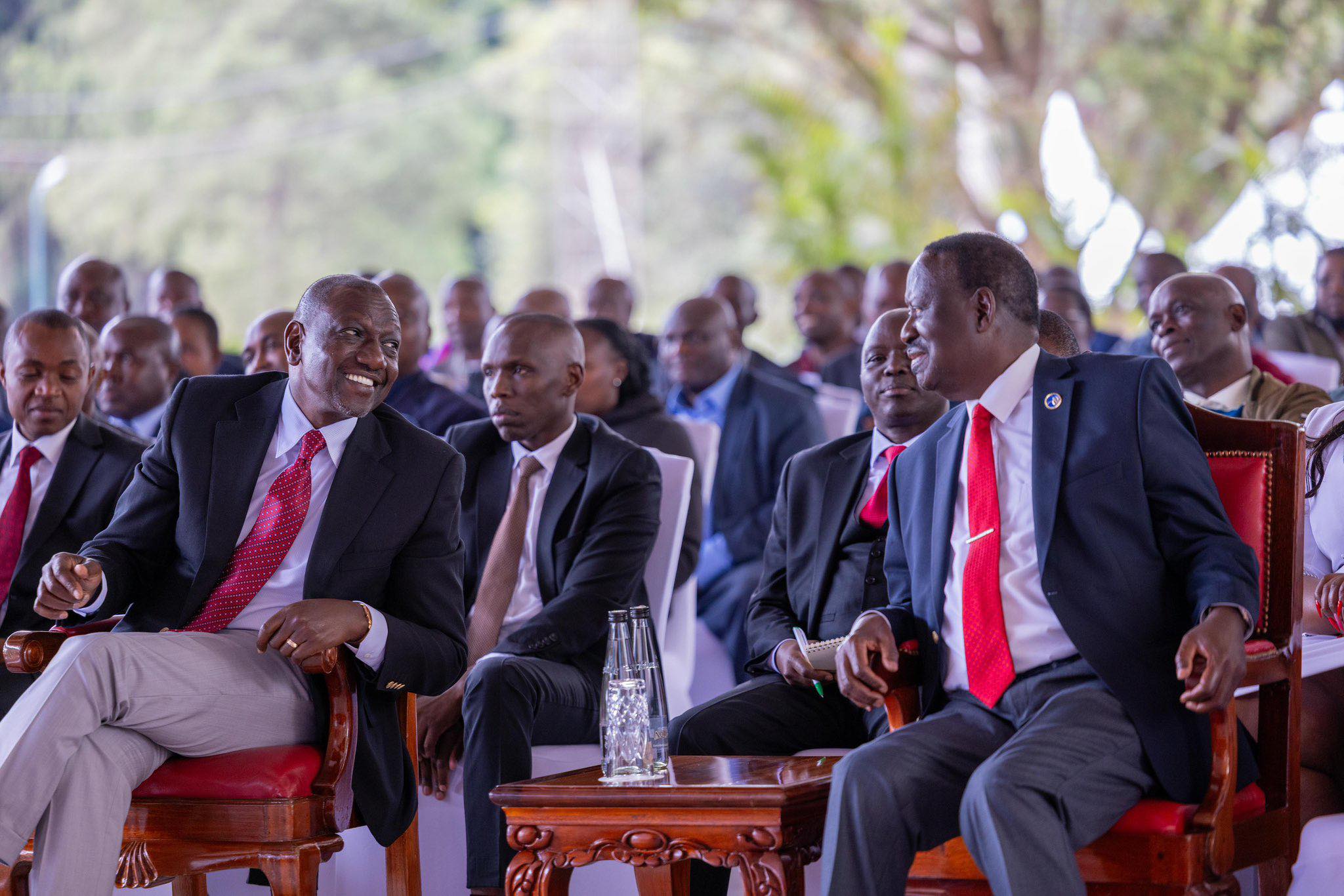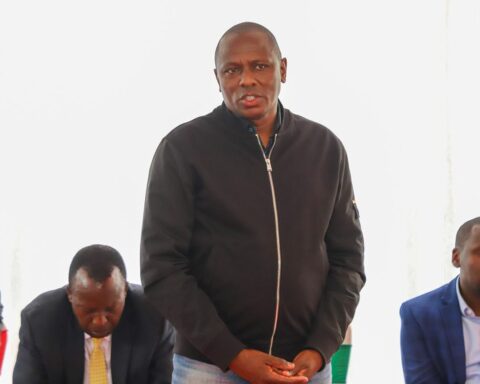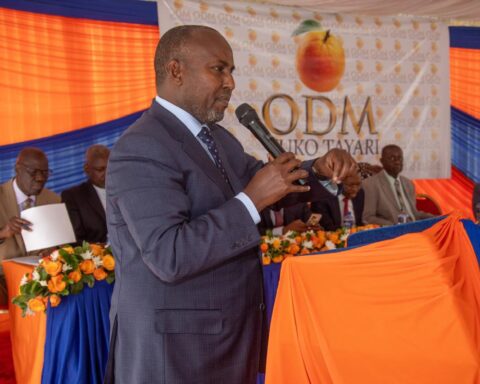Rigathi Gachagua’s announcement of his 2027 presidential ambition has been met with widespread skepticism.
For many Kenyans, he represents that outspoken employee in a workplace—entertaining, loud, even admired by colleagues for his outspokenness—but when the chance comes to pick a boss, nobody wants him at the helm.
His rejection is deeply tied to his record in office. As Deputy President, Gachagua was impeached after months of tension with his boss, President William Ruto, and accusations of gross misconduct, tribal politics, and abuse of office.
His critics argued that he was more interested in consolidating political power in the Mt. Kenya region than serving as a national leader. The impeachment, supported by a majority in Parliament and upheld by the Senate, left an indelible stain on his legacy—marking him as divisive, combative, and unfit for higher office.
Gachagua’s style has also cost him. His constant talk of “mountain unity” narrowed his appeal to a regional chieftain rather than a leader of all Kenyans. By presenting himself as a tribal spokesperson, he alienated other communities and diminished his stature as a potential president. In contrast, Kenyans are increasingly demanding leaders who can unite the country, speak the language of development, and navigate a complex global stage.
His political history does little to inspire confidence. Until 2017, Gachagua had been largely unknown, working in the provincial administration before rising in Mathira politics. His parliamentary record was uninspiring, and his elevation to Deputy President was more a product of political convenience than proven leadership.
The impeachment reinforced a perception already taking shape: that Gachagua thrives on political drama, not governance. While he excels at mobilizing crowds and attacking opponents, he struggles to articulate a vision that addresses Kenya’s pressing issues—jobs, food security, debt, and healthcare.
Ultimately, Kenyans may laugh at his boldness and admire his ability to fight political battles, but they remain unwilling to hand him the highest office in the land. To them, he is an employee who entertains in the corridors, but never the one to lead the boardroom.









